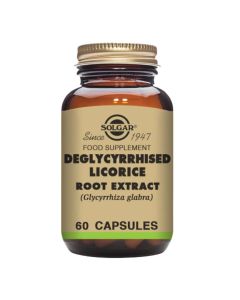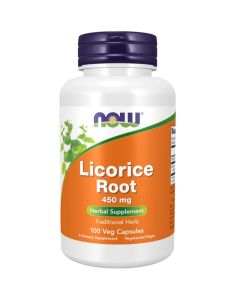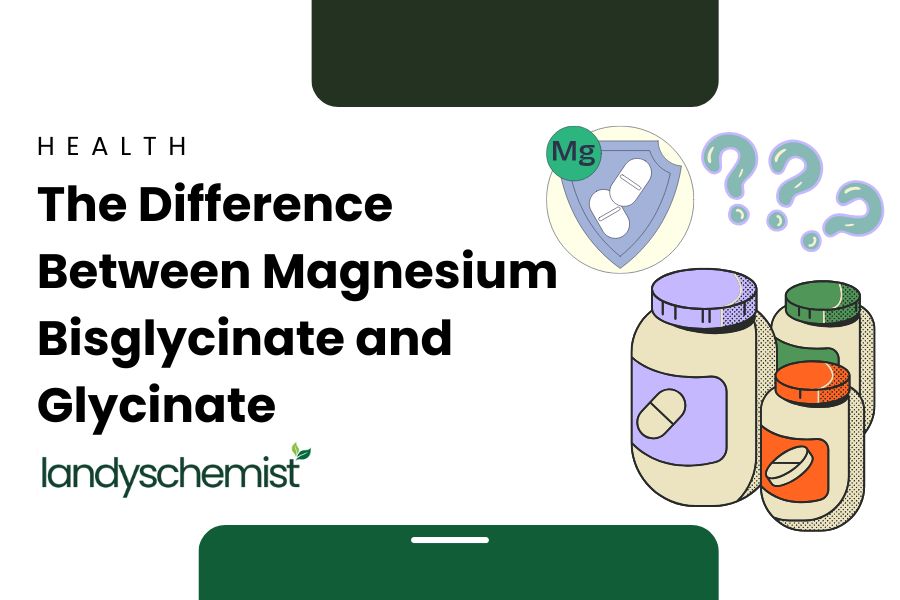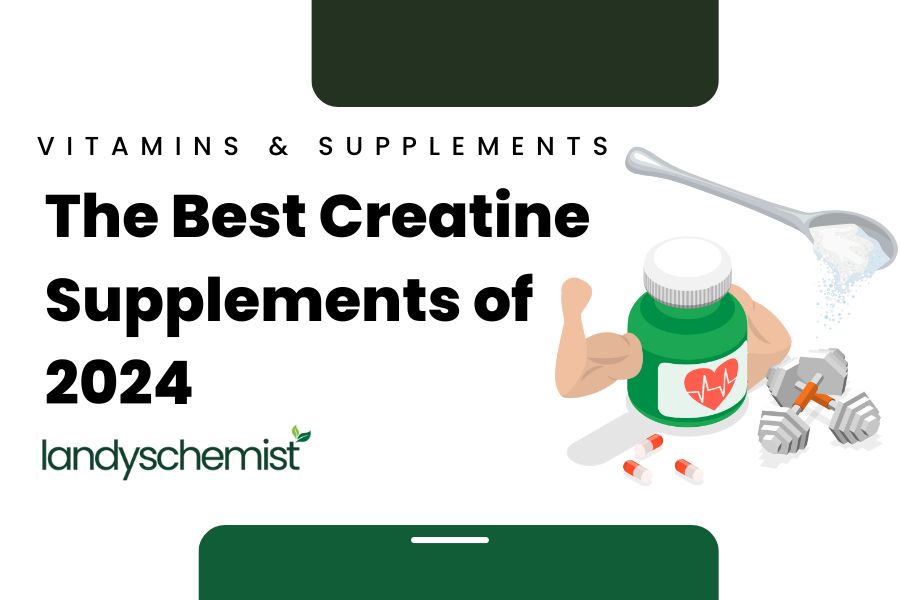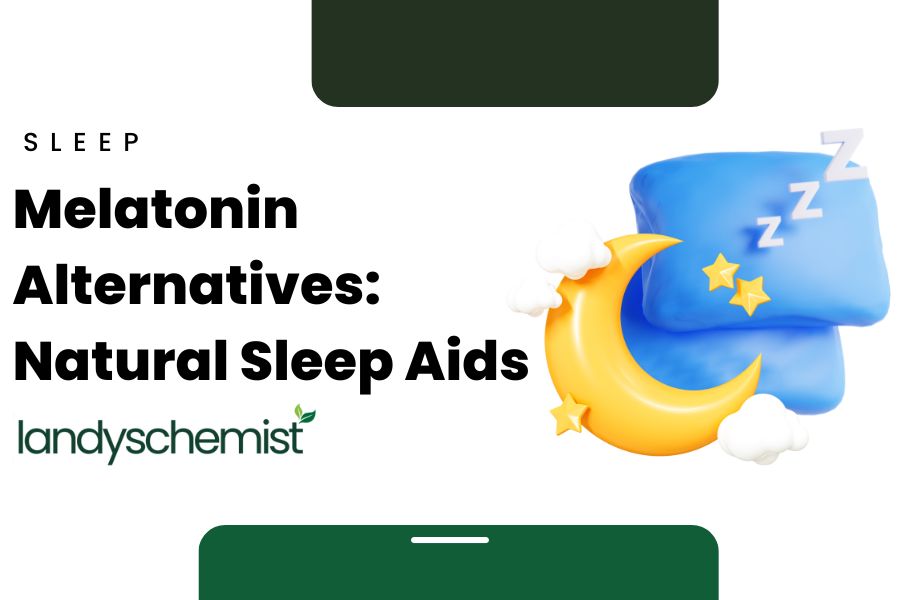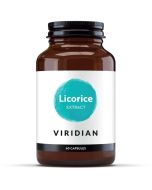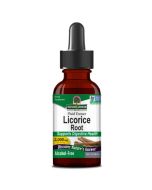
Benefits of licorice root for hirsutism
An astonishing estimated 75% of women with PCOS remain undiagnosed when seeing their doctor, likely due to a lack of knowledge as well as variability in symptoms and lifestyles.
PCOS, or polycystic ovary syndrome is a hormonal disorder that affects many women who are of reproductive age and cause a variety of symptoms such as irregular periods, weight gain and acne. One of the symptoms that many report is hirsutism, or unwanted excessive hair growth.
In this blog, we explore how licorice root could play a role in helping to alleviate hirsutism symptoms. From its anti-androgenic properties to helping support hormonal balance, we will dive into the benefits of licorice root for PCOS, hirsutism, and how you can incorporate it into your routine.
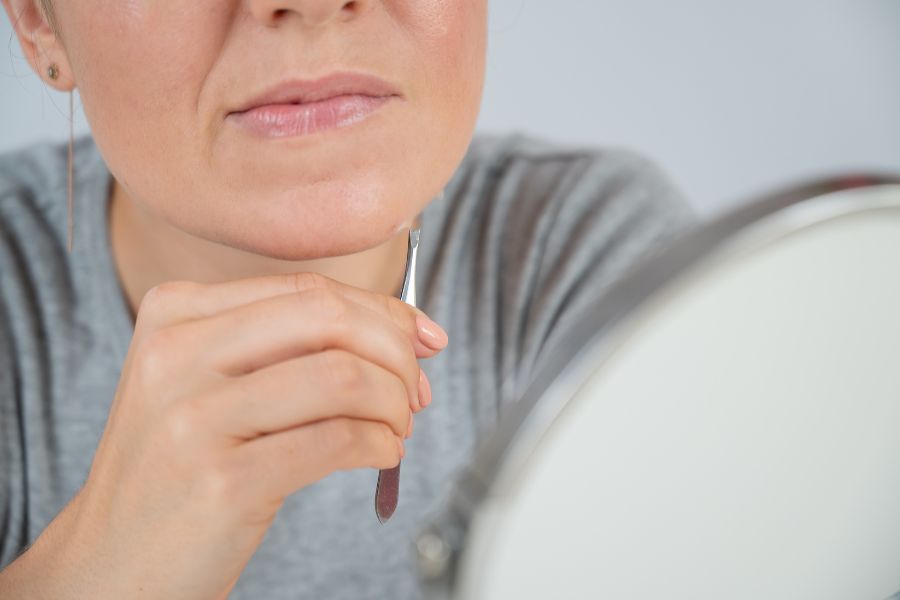
What is Hirsutism?
Hirsutism refers to excessive, male-pattern hair growth on a woman. This tends to involve thick and dark hair appearing on areas typically associated with male hair distribution including the face, upper lip, chin. chest, abdomen, and lower back.
What causes hirsutism?
Hirsutism is often linked to hormones, particularly the elevated production of androgens (often referred to as male hormones). Although androgens are commonly associated with males, both sexes produce them. Androgens are important for supporting reproductive function, muscle mass, libido, and cardiac health.
In females, conditions such as polycystic ovary syndrome (PCOS) can lead to higher levels of androgen levels due to hormonal imbalances. Increased levels of insulin in those with PCOS can cause an increase in the production of luteinizing hormone (LH), leading to increased androgen production. This can cause hyperandrogenism and male-pattern hair growth (hirsutism), which affects around 60-80% of those with PCOS.
Sometimes, there may be no clear cause of hirsutism. Other factors may include adrenal gland disorders like Cushing’s syndrome, medications that may alter hormone levels or it may run in the family.
What is Licorice Root and how does it help hirsutism?
Licorice root, derived from the plant Glycyrrhiza glabra, is known for its sweet flavour and use in herbal medicine, containing up to 300 active compounds such as flavonoids, phytosterols, polysaccharides and amino acids. It may offer multiple benefits for women with PCOS due to its anti-androgenic effects, which help to reduce levels of androgenic hormones like testosterone, addressing symptoms like hirsutism and acne.
Acting as a natural plant-based oestrogen, licorice root contains compounds which can bind to oestrogen receptor sites, promoting hormonal balance and helping to regulate ovulation. Additionally, licorice root may help to enhance insulin sensitivity which can help to tackle insulin resistance – one of PCOS’s main challenges.
The anti-inflammatory effects of licorice root further support women with PCOS by mitigating chronic inflammation, which can exacerbate insulin resistance and hormonal balances, thereby helping to normalise menstrual cycles and reduce PCOS-related symptoms like hirsutism and acne.
What form of licorice root should I take?
There are different forms of licorice root that you can take including licorice root or deglycyrrhised licorice root.
Deglycyrrhised licorice means that most of the compound glycyrrhizin has been removed. This can reduce some of the side effects associated with large doses of licorice root such as increased blood pressure and low potassium levels due to high levels of glycyrrhizin in the body.
Benefits of licorice root for Hirsutism
Anti-androgenic properties
Licorice root is known for its anti-androgenic properties, which can be particularly helpful to manage hirsutism. Research has shown that licorice root can effectively reduce testosterone levels by inhibiting specific enzymes, such as 17-hydroxysteroid dehydrogenase and 17-20 lyase. These enzymes are involved in the synthesis of testosterone, and by blocking their activity, licorice root helps to lower the levels of this hormone, helping to reduce excess hair growth associated with conditions like PCOS.
Licorice root may also influence oestrogen levels through its various phytochemicals which have estrogenic properties. It interacts with oestrogen receptors and can potentially help to reduce androgen dominance.
Anti-inflammatory properties
Licorice root’s anti-inflammatory properties may help to alleviate PCOS symptoms like hirsutism by addressing the chronic inflammation often associated with it. In PCOS, inflammation can exacerbate insulin resistance which in turn can increase androgen production leading to the unwanted male-pattern hair growth. By reducing inflammation, licorice root can help to increase insulin sensitivity to prevent the over production of androgens.
Reduce Insulin Resistance
Licorice root may help to reduce insulin resistance as it is rich in compounds such as flavonoids, glycyrrhizic acid and its derivatives which can help to enhance the body’s sensitivity to insulin. By improving how cells respond to insulin, it can help to lower blood glucose levels and reduce the amount of circulating insulin. High insulin levels can hinder ovulation and stimulate the ovaries to produce excess androgens which can lead to hirsutism symptoms.
Conclusion
Licorice root may offer multiple benefits for managing PCOS and its associated symptom of hirsutism. Licorice root’s anti-androgenic properties make it effective for helping to reduce hirsutism by inhibiting enzymes involved in testosterone synthesis, helping to control excessive male-pattern hair growth. Additionally, its anti-inflammatory and insulin-sensitising effects not only help to mitigate hirsutism and other symptoms of PCOS like irregular periods and acne, but also improve overall health.
Licorice Root Recommendations for Hirsutism:
Solgar Deglycyrrhised Licorice Root Extract Vegicaps 60
The solgar Deglycyrrhised Licorice Root Extract should be consumed as 1-3 vegetable capsules daily. This allows you to enjoy all the advantages of this traditional herb without experiencing any side effects associated with glycyrrhizin. These gluten-free capsules are suitable for vegans and vegetarians.
NOW Foods Licorice Root 450mg Capsules 100
Just take 2 capsules of the NOW Foods Licorice Root 450mg capsules to provide licorice root with high bioavailability that are also free from gluten and soy.
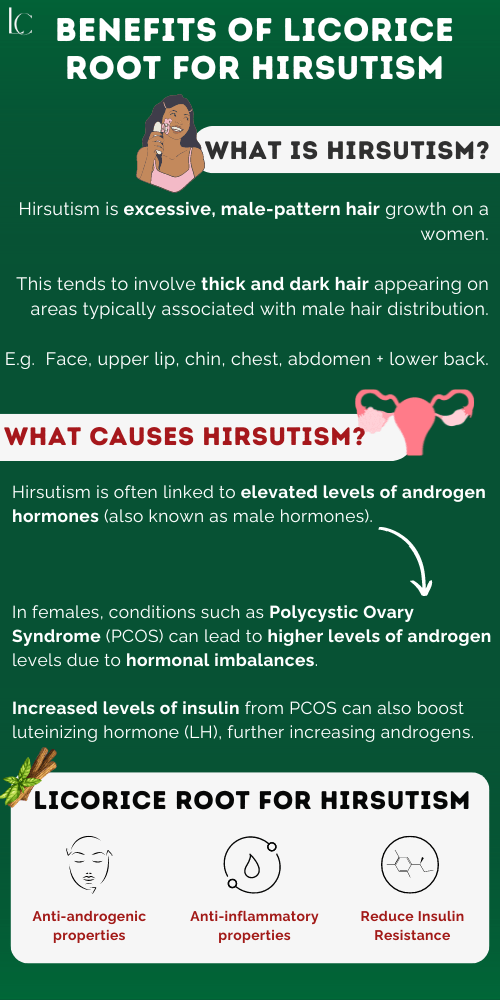
Disclaimer:
This article is for informational purposes only and is not a substitute for medical advice. Consult your doctor or healthcare provider before starting any supplements, treatments, or remedies. Ensure a varied and balanced diet and a healthy lifestyle before considering supplements. Supplements should not replace a balanced diet.
References:
Wolf, W. et al. (2018) ‘Geographical prevalence of polycystic ovary syndrome as determined by region and race/ethnicity’, International Journal of Environmental Research and Public Health, 15(11), p. 2589. doi:10.3390/ijerph15112589.
Mihailidis, J. et al. (2017) ‘Endocrine evaluation of hirsutism’, International Journal of Women’s Dermatology, 3(1). doi:10.1016/j.ijwd.2017.02.007.
Matheson E, Bain J. Hirsutism in Women. Am Fam Physician. 2019 Aug 1;100(3):168-175. PMID: 31361105.
Walters, K.A. et al. (2019) ‘Androgens and ovarian function: Translation from Basic Discovery Research to Clinical Impact’, Journal of Endocrinology, 242(2). doi:10.1530/joe-19-0096.
Xu, Y. and Qiao, J. (2022) ‘Association of insulin resistance and elevated androgen levels with polycystic ovarian syndrome (PCOS): A review of literature’, Journal of Healthcare Engineering, 2022, pp. 1–13. doi:10.1155/2022/9240569.
Pateguana, N.B. and Janes, A. (2019) ‘The contribution of hyperinsulinemia to the hyperandrogenism of polycystic ovary syndrome’, Journal of Metabolic Health, 4(1). doi:10.4102/jir.v4i1.50.
Ye, W. et al. (2020) ‘The role of androgen and its related signals in PCOS’, Journal of Cellular and Molecular Medicine, 25(4), pp. 1825–1837. doi:10.1111/jcmm.16205.
NHS choices. Available at: https://www.nhs.uk/conditions/hirsutism/
Deutch, M.R. et al. (2019) ‘Bioactive candy: Effects of licorice on the cardiovascular system’, Foods, 8(10), p. 495. doi:10.3390/foods8100495.
Minnetti, M. et al. (2022) ‘Effects of licorice on sex hormones and the reproductive system’, Nutrition, 103–104, p. 111727. doi:10.1016/j.nut.2022.111727.
Unluhizarci, K., Karaca, Z. and Kelestimur, F. (2021) ‘Role of insulin and insulin resistance in androgen excess disorders’, World Journal of Diabetes, 12(5), pp. 616–629. doi:10.4239/wjd.v12.i5.616.
Jia, L.-Y. et al. (2021) ‘The complementary and alternative medicine for polycystic ovary syndrome: A review of clinical application and mechanism’, Evidence-Based Complementary and Alternative Medicine, 2021, pp. 1–12. doi:10.1155/2021/5555315.
Armanini, D. et al. (2004) ‘Licorice reduces serum testosterone in healthy women’, Steroids, 69(11–12), pp. 763–766. doi:10.1016/j.steroids.2004.09.005.
Zhang, Y. et al. (2022) ‘Licorice extract ameliorates hyperglycemia through reshaping gut microbiota structure and inhibiting TLR4/NF-ΚB signaling pathway in type 2 diabetic mice’, Food Research International, 153, p. 110945. doi:10.1016/j.foodres.2022.110945.
Yan, Y., Li, S., Liu, Y. et al. Temporal relationship between inflammation and insulin resistance and their joint effect on hyperglycemia: the Bogalusa Heart Study. Cardiovasc Diabetol 18, 109 (2019). https://doi.org/10.1186/s12933-019-0913-2
Tan, Dechao et al. “Glycyrrhizic Acid and Its Derivatives: Promising Candidates for the Management of Type 2 Diabetes Mellitus and Its Complications.” International journal of molecular sciences vol. 23,19 10988. 20 Sep. 2022, doi:10.3390/ijms231910988
Hajirahimkhan A, Simmler C, Yuan Y, et al. Evaluation of estrogenic activity of licorice species in comparison with hops used in botanicals for menopausal symptoms. PLoS One. 2013;8(7):e67947. Published 2013 Jul 12. doi:10.1371/journal.pone.0067947
By Saarah Mengrani

